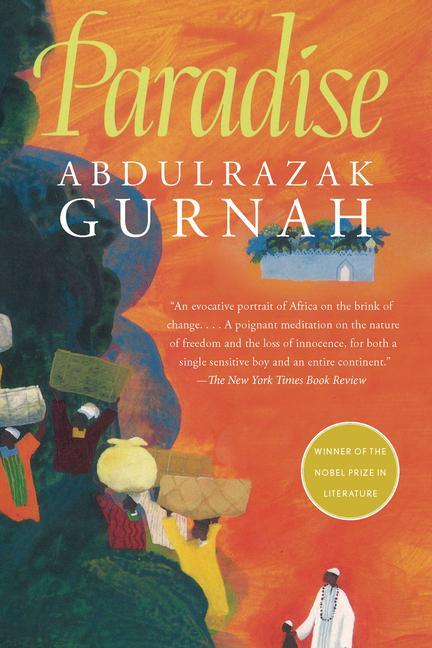
Zustellung: Di, 10.12. - Sa, 14.12.
Versand in 2 Wochen
VersandkostenfreiBestellen & in Filiale abholen:
Paradise is at once the story of an African boy's coming of age, a tragic love story, and a tale of the corruption of traditional African patterns by European colonialism. It presents a major African voice to American readers - a voice that prompted Peter Tinniswood to write in the London Times, reviewing Gurnah's previous novel, "Mr. Gurnah is a very fine writer. I am certain he will become a great one". Paradise is Abdulrazak Gurnah's great novel. At twelve, Yusuf, the protagonist of this twentieth-century odyssey, is sold by his father in repayment of a debt. From the simple life of rural Africa, Yusuf is thrown into the complexities of precolonial urban East Africa - a fascinating world in which Muslim black Africans, Christian missionaries, and Indians from the subcontinent coexist in a fragile, subtle social hierarchy. Through the eyes of Yusuf, Gurnah depicts communities at war, trading safaris gone awry, and the universal trials of adolescence. Then, just as Yusuf begins to comprehend the choices required of him, he and everyone around him must adjust to the new reality of European colonialism. The result is a page-turning saga that covers the same territory as the novels of Isak Dinesen and William Boyd, but does so from a perspective never before available on that seldom-chronicled part of the world.
Produktdetails
Erscheinungsdatum
01. April 1994
Sprache
englisch
Seitenanzahl
256
Autor/Autorin
Abdulrazak Gurnah
Verlag/Hersteller
Produktart
gebunden
Gewicht
419 g
Größe (L/B/H)
218/151/27 mm
ISBN
9781565841628
Entdecken Sie mehr
Bewertungen
0 Bewertungen
Es wurden noch keine Bewertungen abgegeben. Schreiben Sie die erste Bewertung zu "Paradise: By the Winner of the Nobel Prize in Literature 2021" und helfen Sie damit anderen bei der Kaufentscheidung.










